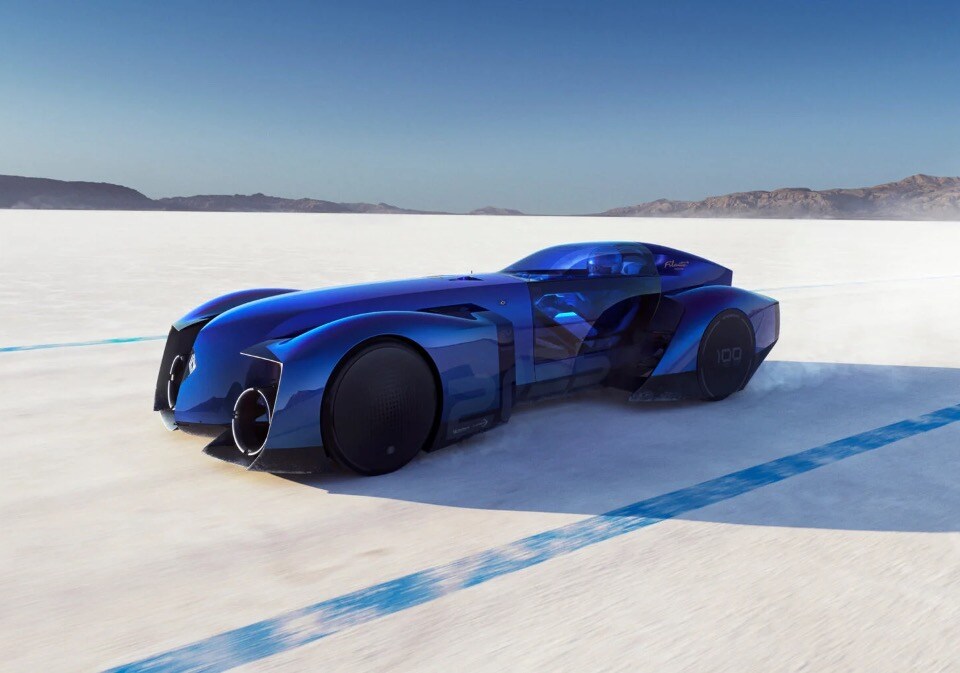I am loving what Renault Group is doing right now across its Renault, Renault Trucks, Dacia and Alpine brands.
Rather than using heritage as a gimmick, it's proving its DNA has remained a constant through decades of innovation.
This isn’t a brand clinging to the past, but one showing how its history, present, and future are interconnected, inviting everyone to be part of the journey.
Its commitment to heritage isn’t just about nostalgia, it’s about reinforcing values that have always driven the brand.
The return of the R5, the upcoming R4, and the rebirth of the Twingo in 2026 show Renault’s ability to blend legacy with innovation.
Reviving these nameplates, and now Estafette and Goelette vans, proves that Renault’s past isn’t something to be left behind, but a foundation for future progress.
These vehicles represent more than nostalgia; they offer practical, forward-thinking mobility solutions.
Renault knows great brands aren’t just about products, but about communities.
That’s why new initiatives like The Originals Renault la Collection go well beyond supporting older cars and their owners, they strengthen the brand's identity, foster emotional connections and maintain the brand's relevance in an evolving market.
Whether it’s a Renault 5 GT Turbo owner restoring their classic, a business choosing the next-generation Trafic E-Tech Electric, or an enthusiast admiring Zagato’s Alpine A110-Based AGTZ Twin Tail, the Group's brand legacy is alive and kicking in 2025.
Another prime example of this is the Filante Record, an ultra-efficient EV that honours Renault’s history of land-speed records. Its design echoes past brand icons while embracing modern technology.
This isn’t retro styling for its own sake, but proof that Renault’s DNA has always been about pioneering performance and pushing boundaries.
What sets Renault apart isn’t just balancing past and future, but how inclusive its vision is.
Instead of saying, “Look at what we used to do, now buy our new EVs,” Renault proves innovation has always been in its DNA, from groundbreaking hatchbacks in the ‘70s to redefining hot hatches in the ‘90s to today’s bold EV lineup.
More importantly, it welcomes customers, past, present, and future to be part of the journey.
As European carmakers face growing challenges, from legislation to new competition from afar, Renault’s approach is more relevant than ever.
The challenge isn’t just about building great EVs, but about reinforcing why customers should choose European brands in an increasingly competitive market.
Renault’s strategy is a masterclass in how legacy brands can stay dynamic, not by resting on the past, but by proving their heritage is the foundation for a bright future.
In an industry evolving at an extraordinary pace, Renault’s approach reminds us that the best way forward isn’t to abandon the past but to use it as a guide for what comes next.
And that’s a lesson many brands could learn from. What do you think?
To learn more about our work in automotive, check out our sector page here.
We've also got free podcasts & webinars, whitepapers and guides if you'd like more insights into marketing with a network of automotive retailers or partners.
If you work within automotive, be it a retailer or at brand level, we’d love to understand your view and talk to you about the future of auto retailing. Why not schedule a FREE 30-minute discovery call.











